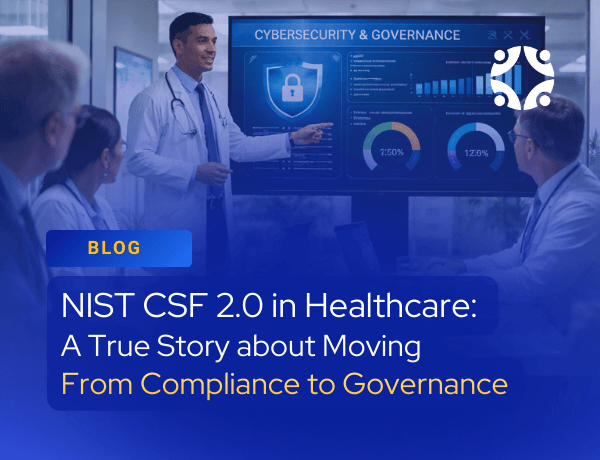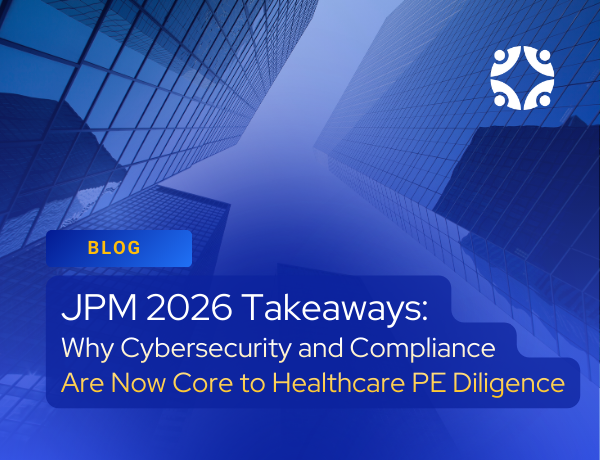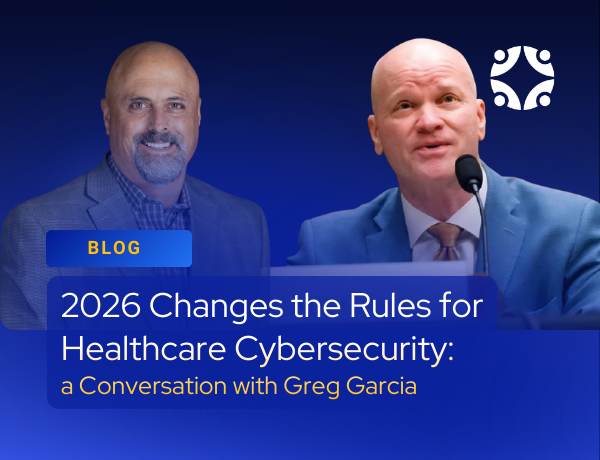Clearwater Founder & Executive Chairman, Bob Chaput, in AHLA’s Health Law Weekly
According to the American Hospital Association (AHA), there are 6,093 hospitals in the United States. Of this total number, 1,228 are investor-owned (for-profit) acute care hospitals and 2,960 are nongovernment not-for-profit acute care hospitals. The remainder of the 6,093 hospitals is comprised of government acute care hospitals (federal, state, or local government), psychiatric hospitals, and other hospitals. All of these hospitals, regardless of their designation as for-profit, not-for-profit, or government, can likely agree on the sentiment-“cybersecurity is patient safety.“
As of September 2022, the New York Stock Exchange (NYSE) had a combined total of 2,578 listed domestic and international companies, while the Nasdaq had 3,788 for a total of 6,366 publicly listed companies. The population of companies subject to the U.S. Securities and Exchange Commission (SEC) disclosure requirements is small, especially when considering the approximately 32.6 million businesses in the United States. The point is that private companies dominate the U.S. economy and may not be directly subject to SEC registration, reporting, and disclosure requirements. They are, however, increasingly targeted by adversarial threat sources and subject to the same accidental, structural, and environmental threat sources that public companies face. Getting an organization’s cyber risk management “ducks in a row” is not just for SE-regulated companies.
In a recently published article in AHLA’s Health Law Weekly, Clearwater Founder and Executive Chairman, Bob Chaput, goes on to explain why the SEC’s proposed cybersecurity rule changes should garner the attention of all healthcare organizations, not solely those who are public entities.
Chaput shares an analysis of key questions and proposed considerations for healthcare leaders.
Download the full article here
Copyright 2023, American Health Law Association, Washington, DC. Reprint permission granted.



